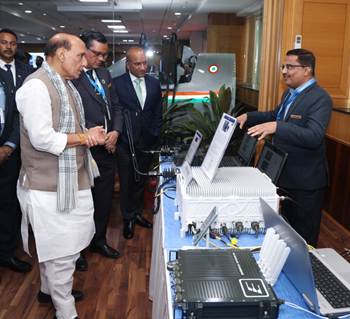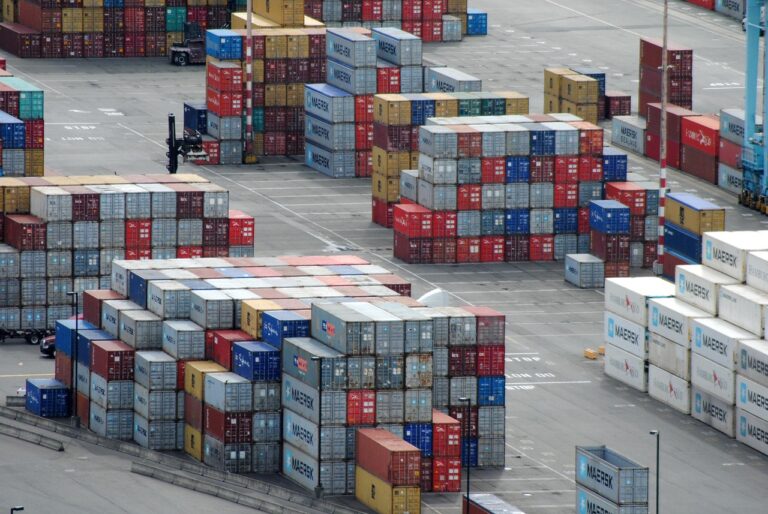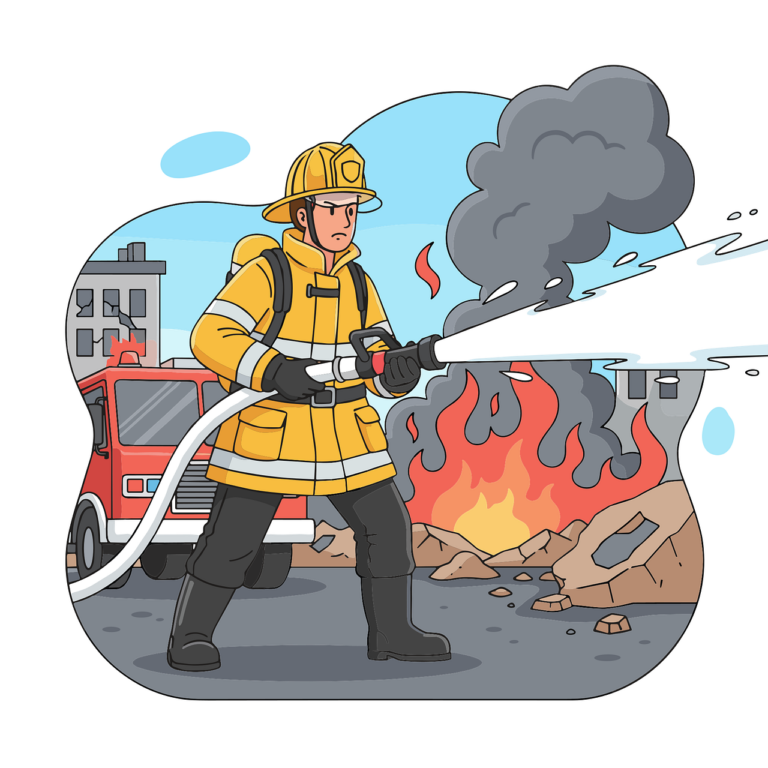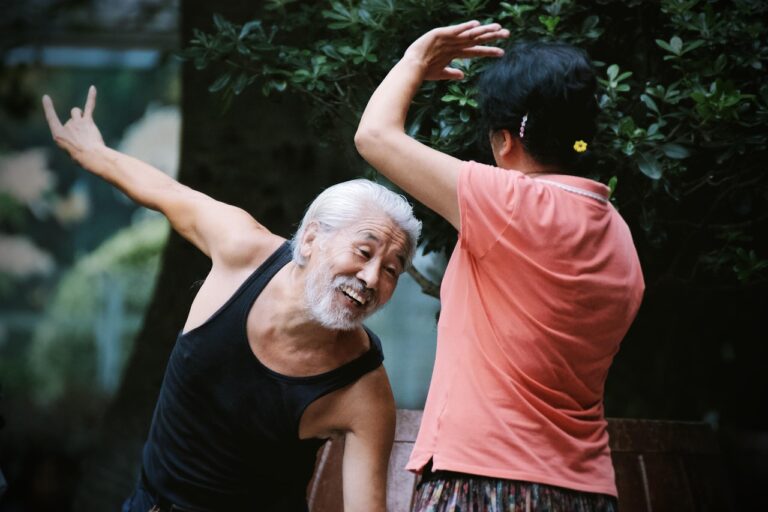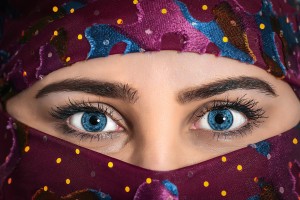
Spotlight
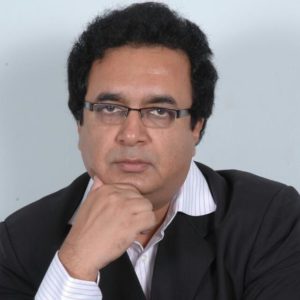 By Mehre Alam*
By Mehre Alam*
Islamophobia won’t help in tackling extremism; need to look at larger picture
My 14-year-old son asked me a question this week. It was one I least expected coming from someone his age. While I found it unsettling, I must admit I had always feared I may have to confront this at some point. That it would come hurtling down on me so unannounced, and in this way, left me flabbergasted, to say the least.
For someone who’d looked so very excited these past weeks sharing videos on Instagram of his new-found love for weight training, the kid seemed to be clearly disturbed by what he’d been seeing of late on his social media handle. The posts, as we know them. “So many of them”, he told me, “all painting us [Muslims] as people out to behead everyone else who didn’t adhere to our faith”.
“Are we really like that?”
It took me a while, a few breathes later, to tell him that, no son, it’s not so; the truth is as farthest as one can think of.
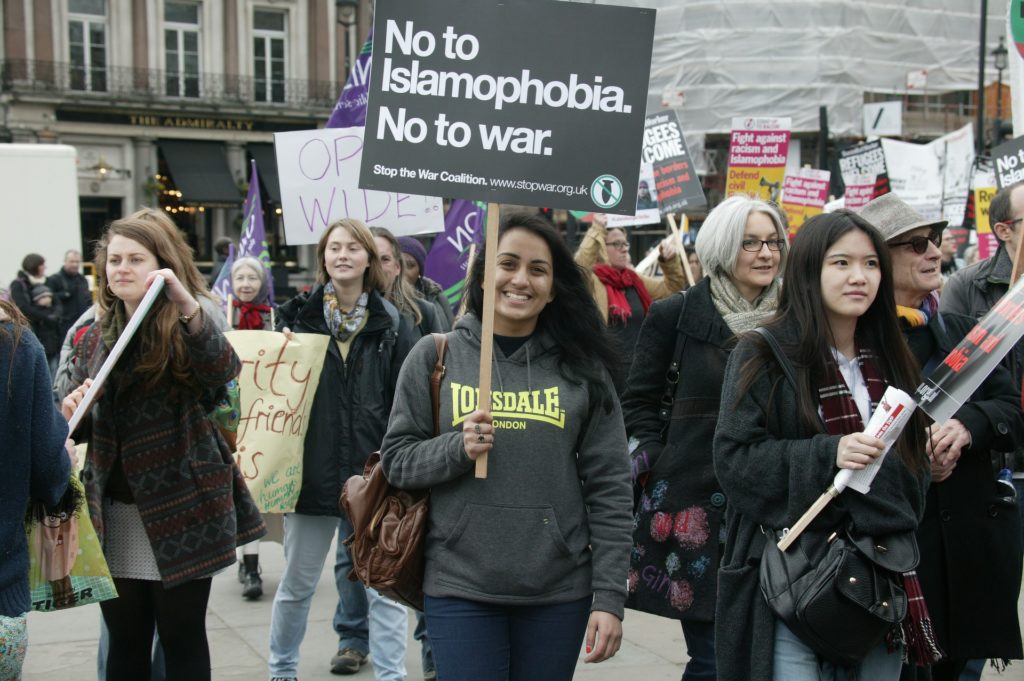
Clearly, my child has been rattled by social media comments in response to the incident in France – the beheading of a teacher, Samuel Paty, outside his school in a suburb outside Paris earlier this month, after he had shown cartoons of the Prophet Mohammed in a class on free speech – and later, of the terror attack in Vienna.
At 14, my son is still not aware of the word ‘Islamophobia’. I checked with him. All that he has known about his religion thus far, as he’s observed in his family – and I stress here, like the overwhelming majority of his co-religionists – is that it’s all about prayers, piety, and inculcating the cherished human values of love, brotherhood etc. But then, all of a sudden, he’s started feeling guilty. The peers are posting nasty comments on social media about his religion and his co-religionists, and he’s gasping for answers.
He’s only 14. So, he’s felt this shock for the first time. He will have to get used to it. Someone somewhere will commit an act of crime and he’ll feel the prying eyes looking askance – ‘See, you guys have done it again. You guys are like this only. All of you’.
And then there will be men in highest offices in countries that have heralded some of the highest human values that we all cherish like liberty, equality, fraternity etc.
‘Your religion is in crisis everywhere’, they’ll keep declaring every now and then.
Basically, if you are a Muslim, you are likely to made to feel guilty for an act howsoever unconnected you may be. It’s become an established pattern. Some criminal act somewhere and your religion is to be blamed. There will be a slight lull for some time. Up until the next act of a criminal or a group of criminals whose names sound as Muslim as yours.
Islamophobia is here to stay. Deeply entrenched it has gone into our psyches.
But then, if the objective is to root out extremism, is Islamophobia the answer?
This past week, we have seen some of the most powerful politicians of the world waxing eloquent on how it’s Islam the religion that’s in crisis (and not the societies that throw up such lumpen and criminals), and how it keeps leading to one heinous act after the other, such as the beheading of the school teacher in France.
But is that so?
Freedom of speech, just like liberty and equality etc., is a prized value in a modern society and polity and it’s something too important to given a short shrift at any time. But then, Islamophobia and freedom of speech are not exactly what we call ‘synonyms’. They would rather be seen as ‘antonyms’, one would argue.
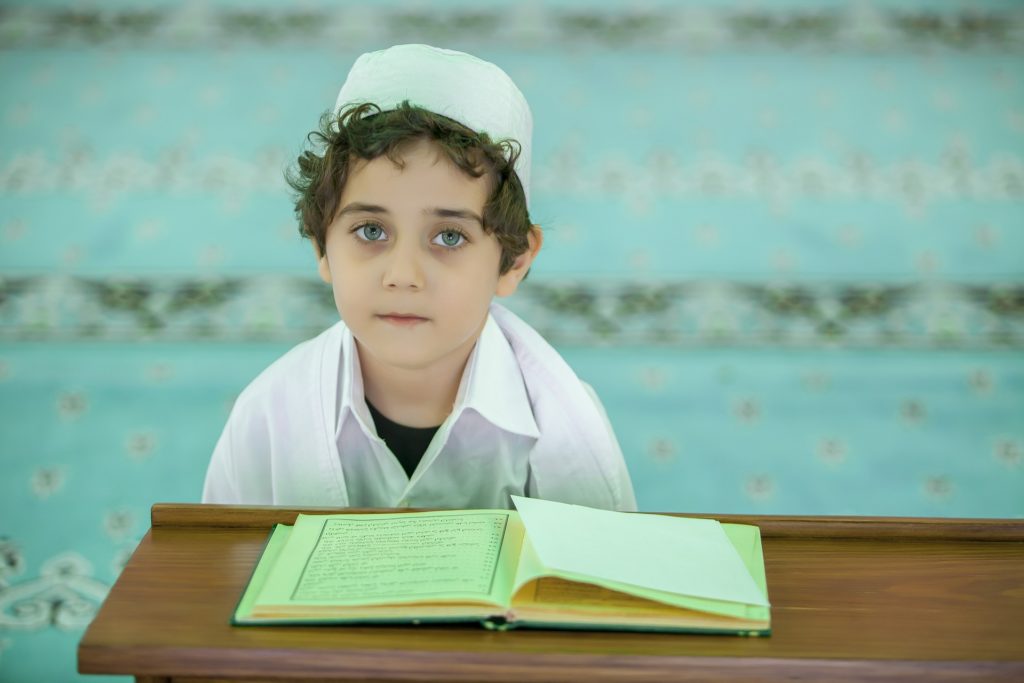
East or West, Islamophobia is very much a global phenomenon now. They may not express it in so many words but it seems that a very large section of people, including leaders of liberal countries, haven’t managed to come out of the ‘Clash of Civilizations’ mindsets yet, and in the foreseeable future, they are only likely to keep finding fault with Islam the religion for the delinquent acts of a miniscule percentage of its adherents.
The latest episode, however, seems to have unleashed a backlash. This comes against the backdrop of a growing fatigue with Islamophobia and its varied manifestations, and the attempts to legitimise Islamophobic sentiments in one guise or the other.
This time there were calls to boycott French goods in the Arab world and beyond. For example, Jordan’s foreign ministry condemned what it called the “continued publication of caricatures of the Prophet Mohammed under the pretext of freedom of expression” and any “discriminatory and misleading attempts that seek to link Islam with terrorism.”
Such boycott calls were also reported in Kuwait and Qatar.
French President Emmanuel Macron had contended that Paty [the school teacher] was “killed because Islamists want our future”. Before these comments, Macron had already sparked a backlash in early October when he said, “Islam is a religion that is in crisis all over the world”.
To be fair to the French President, he was only expressing an opinion that is seen as the ultimate truth by people far and beyond.
It’s perhaps in this context that Nayef Falah Mubarak Al-Hajraf, secretary general of the Gulf Cooperation Council (GCC), pointed out – he called Macron’s words “irresponsible” – that such comments on Islam would only “increase the spread of a culture of hatred”.
Didier Billion, a Turkey specialist at the French Institute for International and Strategic Affairs in Paris, recently wrote in an analysis that “clashing ideological visions now seem to prevail.”
Extremism in today’s world, as empirical evidence clearly shows, is not limited to adherents of any one religion/belief system alone. So, it’s not wise to keep blaming, what they call, “a religion in crisis”, for the criminal acts of some bigoted individuals who in any case do not represent the mainstream voice.
You need a proper diagnosis to treat malignancy. If the goal is to root out extremism among sections of the Muslims, then Islamophobia is clearly not the medicine. For, it will only aggravate the ailment.
And lastly, a message for my 14-year-old, and all other children: What you see on social media is not always the stuff that should be shaping your opinion. Never allow hatred of any sort to shroud or define your being.
*The writer is Consulting Editor at Qatar Tribune, Doha. The views expressed as personal.


